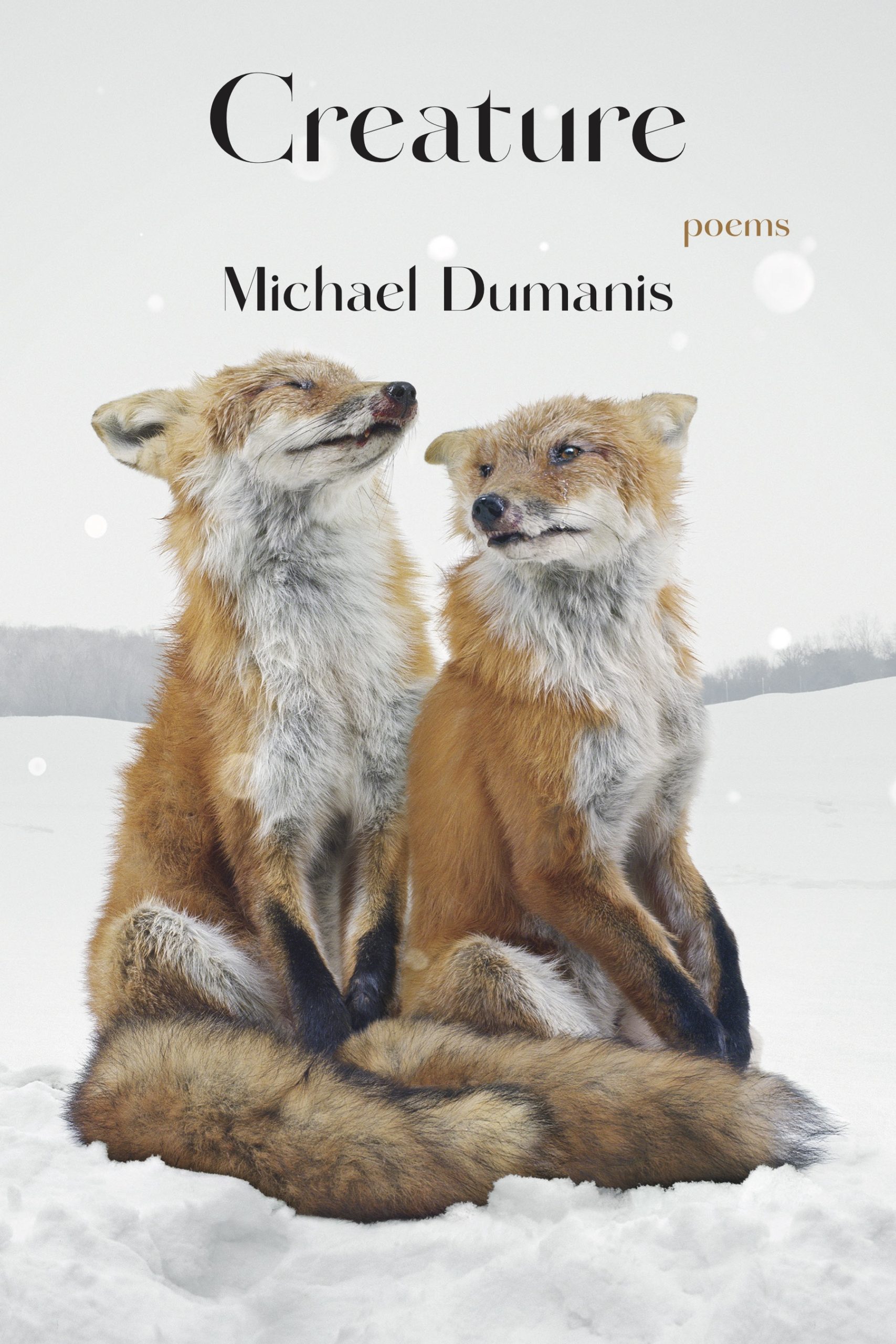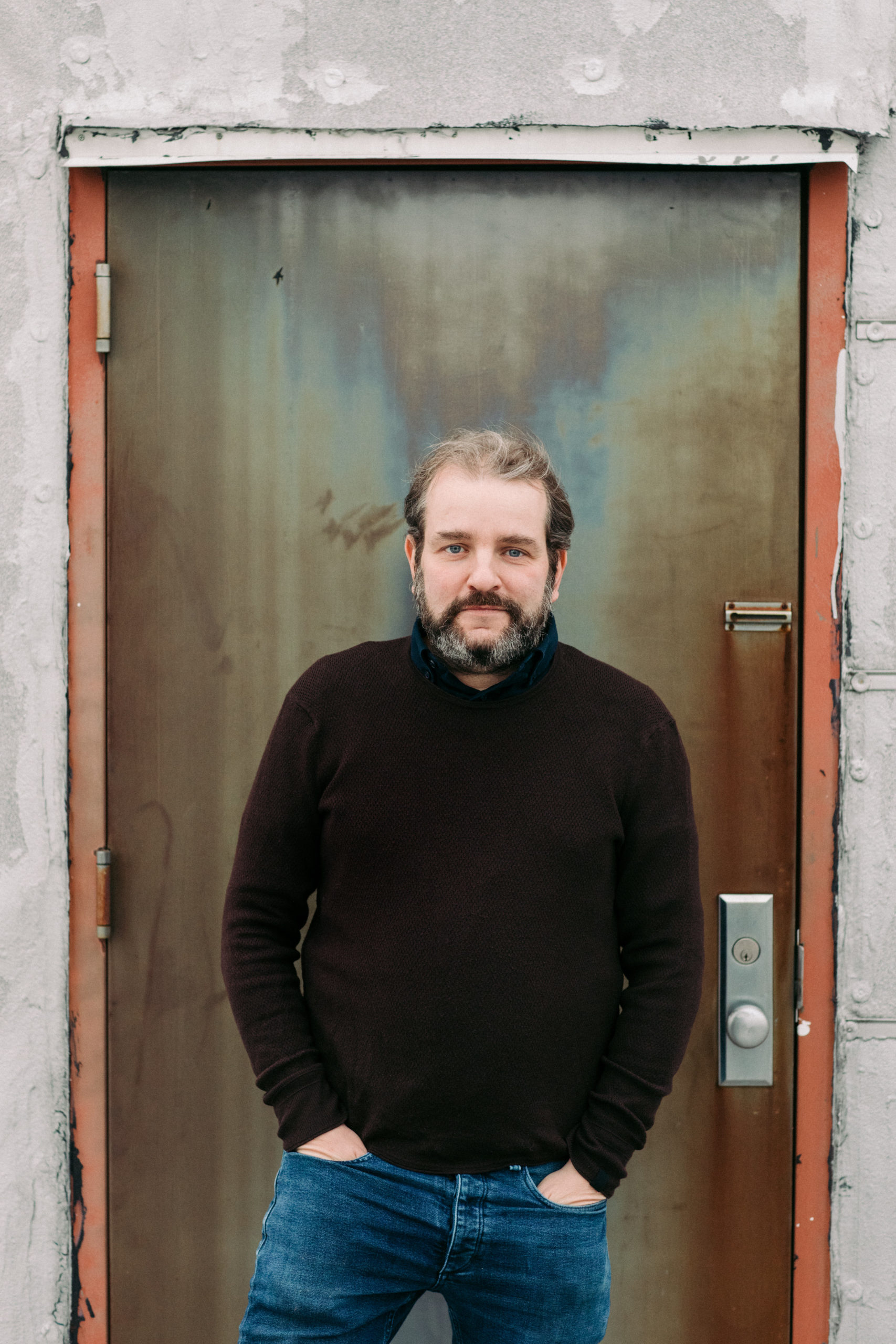I have long favored the idea that poetry is a kind of sheet music the composer creates for somebody else to perform across time and space, rather than a mode of self-expression. To me, poetry at its most potent creates a private dialogue between the interiority of a writer and the interiority of one reader that is about shared metaphysical truths of experience rather than the sharing of experience itself. Also, poetry at its most potent is always language thinking in language about language. John Ashbery remarked in an old Paris Review interview, “I write with experiences in mind, but I don’t write about them, I write out of them,” a distinction that has stuck with me. I know some poets who think poetry is largely a subset of nonfiction and don’t trouble too much with the critical distinction between the author of a poem and the poem’s speaker—to me that division is sacrosanct, regardless of how many details of an author’s life happen to seep into the details of a poem. A poem begins with a disembodied voice that earns the reader’s trust through the authority and precision of its rhetoric, its choices of diction and syntax, the music of its sound.
Thus, for me, writing a poem called “Autobiography” presents a certain challenge, as conceptually an autobiography is explicitly narrative, the sharing of a sequence of literal experiences. If the speaker is never the poet, whose autobiography are we reading, precisely? “Facts are the enemy of truth!” declares Don Quixote in the musical Man of La Mancha. In my autobiographical, and I suppose personal, poem, the speaker says many things that are truthful without necessarily being factual. What determines the facts in question is the language, as well as the constraints I place on myself as an author. This is an autobiography that is not capable of ever saying “I” or “me” or “mine,” as no words it uses can begin with any letter other than A. As a result, the poem is composed almost exclusively of sentence fragments, with three exceptions: “Animals augur an avalanche,” “Animals/apprehend abattoirs,” and the lines that I personally see as the poem’s emotional center of gravity, made louder through the abrupt shift to a declarative complete sentence as well as a plaintive metaphysical searching: “After an asinine affair, Avowed Agnostic//approached, alone, an abbey’s altarpiece,/asking Alleged Almighty about afterlife.”
Thematically, this is an autobiography that struggles to make progress, as the speaker’s attempt to make sense of the course of their life and to “[avoid] abysses” is impeded by the compulsion to alphabetically return to the first letter of every word even while making some chronological progress. It is as if they keep trying to restart their narrative but can’t manage to get past the letter A, the literal beginning of the “autobiography.” Whatever the narrator wishes to divulge, to leave of themselves on the page, they can only accomplish if there happens to be a string of A-words permitting them to speak. One challenge for me in writing this poem was the risk that the repetition of A-words would lead to a kind of monotony or stiltedness; however, the many possible phonetic pronunciations of A make the letter quite flexible. Additionally, the luck of multiple prepositions and simple verbs beginning with A in English, alongside the handy articles “a” and “an,” enable the alliteration to sound quite natural. To add a counterpoint of tension, I focused a lot on my lineation and enjambment, and on the integrity of my couplets, trying to make each one feel like a discrete unit, to rein in the poem’s performative stammer.
A few terrific examples of letter-constraint-based contemporary poems include Phillip B. Williams’s tour de force “Mush-mouf’s Maybe Crown,” where all the words begin with M (or, occasionally, “em” or “im”); Izzy Casey’s univocalic “I’m Piss Witch”; several terrific single-vowel lyrics in Cathy Park Hong’s collection Engine Empire including “Ballad in A”; Harryette Mullen’s linguistic experiments, such as “Any Lit,” in her collection Sleeping with the Dictionary, and, of course, Christian Bök’s virtuosic book-length project Eunoia, in which, among other idiosyncratic constraints, every chapter can only use a single vowel. All such projects derive at least some of their inspiration from the mid-20th century French avant-garde collective Oulipo, or Ouvroir de littérature potentielle, a “workshop of potential literature,” which encouraged systematic, sometimes arbitrary, language-based constraint in the composition of texts. For my Oulipian autobiography, it was especially important to me that every individual narrative moment made clear semantic sense despite the constraint, that the alliteration did not overly affect the speaker’s syntax or natural cadence, that taken together they told the story of a life.




